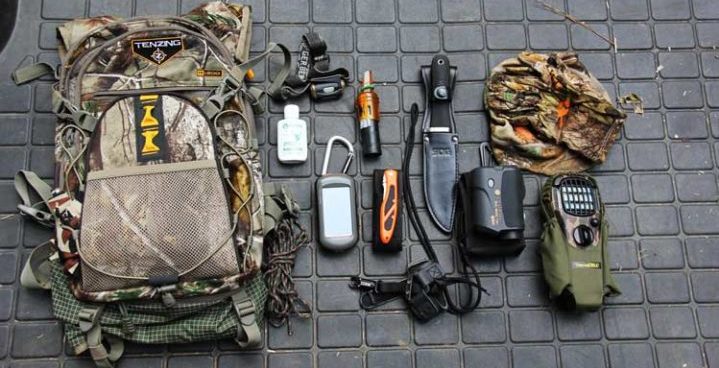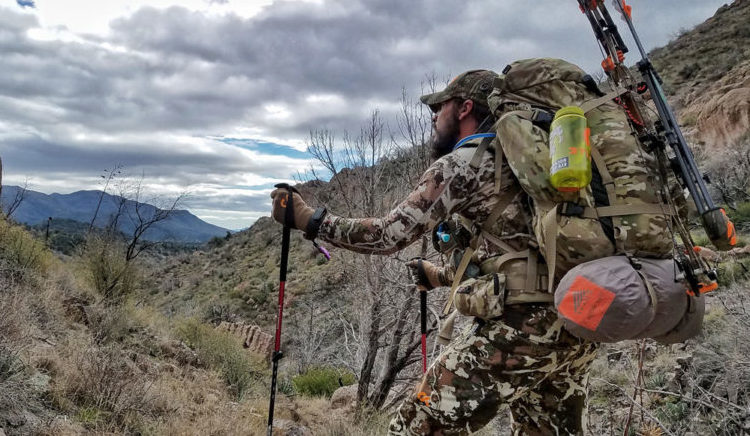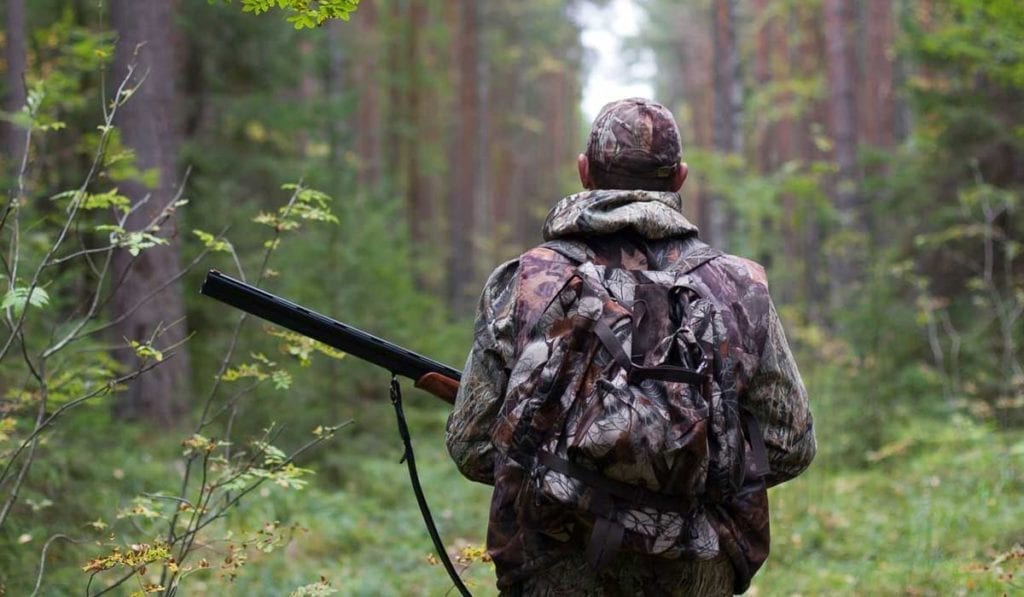Lightweight, affordable, and durable is the ultimate trifecta for the backcountry hunter, but unfortunately you usually can’t have all three at once.
I am a planner by nature. I organize, make lists, and check-off tasks.
Yes, I’m the nerd that uses spreadsheets for all kinds of things.
One of the lists that I have been working on for a while now is my master gear list for my elk hunting trip.
Some hunts are easy to pack for – grab your tag, your weapon, a knife, maybe some water, and you are good to go. Not this trip.


Like most of you, my gear decisions are often based on some standard criteria.
First and foremost, I’m looking for gear that is functional. I want something that just flat-out works.
Secondly, I’m looking for something affordable, balanced by the fact that I want it to be durable.
Finally, something that has become especially important for my elk hunting trip is an item’s weight.
Since I am carrying everything into the backcountry by the power of my two legs, every ounce truly does begin to matter, because ounces = pounds.
And when you are talking about a week-long trip, it is amazing how fast the number on the scale can rise. Believe it or not, it doesn’t take much to have your pack weight fluctuate 5, or even 10+ pounds!
But finding lightweight gear for hunting isn’t always easy. An item’s weight often has an inverse effect on other factors such as the item’s price and durability.
Ohh, that is light. How much is it?
There has been an ultra-light movement in the backpacking segment of the outdoor market for some time now.


This movement, which has spilled over into the hunting market, has driven some amazing advances in gear that is incredibly light and functional – but of course like all good things, especially the new ones, there’s a cost involved.
Do you want an incredibly light tent, backpack, sleeping bag, or any other outdoor gear item?
There’s one on the market, I assure you that.
But can you afford it? Probably not.
The problem isn’t just that a single gear item is expensive. The real problem is that, for backpack hunting, you need a whole array of gear.
This problem becomes especially exponential for hunters that are new to backpack-style hunting and need to outfit themselves from scratch.
Ultra-light and Ultra-tough?
Yes, there is a lightweight everything these days, but hunters need to be careful to choose items that will withstand the rigors of backcountry hunting.
Lightweight backpacking gear is built for…wait for it…backpackers! Your average backpacker isn’t journeying deep, off-trail into the wilderness.
They aren’t busting through the brush, over ridges, and into the places that game hideout. And as much as your stereotypical backpacker loves organic, free-range, grass-fed meat (if they eat meat at all), they aren’t hauling multiple 80-100lb loads of wild-game-goodness out of the backcountry in their packs.
Yes, lightweight is great, but hunters must ensure that they aren’t making functional sacrifices just to ensure that their gear tips the scale at an impressively low number.
What good is the latest and greatest lightweight gear item if it can’t last through many hunting seasons? And speaking of it…
And How Long is Hunting Season Again?
So let’s say you do invest in everything it takes to set yourself up for a successful backpack-style, backcountry hunt…
How long will your trip last? A week? Maybe. And when will you get to go on such a trip again? Next year? Hopefully.
Of course, if you live in the West, maybe you get to take backcountry hunts several times a year. But for someone like me, this trip isn’t something I can do multiple times a year.
In fact, it will be something that I am able to do once a year, if I’m lucky. You can begin to see why all of this investment in backpacking gear can be especially troublesome for someone that is takes a trip every few years, or even just once every year.
So The Answer is?
At this point, some of you may be thinking that the problems I have raised are easy to solve. The answer is simply – don’t buy the latest and greatest, or best gear available.
I agree with you, but the problem is that you can avoid the lightest, the best, the most functional, and the most durable gear, but still spend a TON of cash.
The best answer is, don’t go on a backpack-style hunt!
As I have mentioned previously, the easiest and cheapest way to hunt elk is to do a road-based basecamp, where you don’t have to carry all of your gear into the mountains, and you can get away with more affordable and accessible gear.
Another option to consider is paying for a “drop camp” type hunt, which is likely about the same cost as outfitting yourself from scratch for a backpack style hunt!
Going deep and living in the backcountry has become somewhat of a fad in hunting, but it definitely isn’t for everyone, and you should absolutely think more-than-twice before committing to such a trip.
Of course, if you are set on a backcountry, backpack-style hunt – as I am – then you can make it as affordable as possible by doing a lot of research and looking for exceptional sales or opportunities to buy quality used gear.
This type of trip is possible, I just wanted to be very clear about the challenges and struggles that I have faced in planning this type of hunt.

